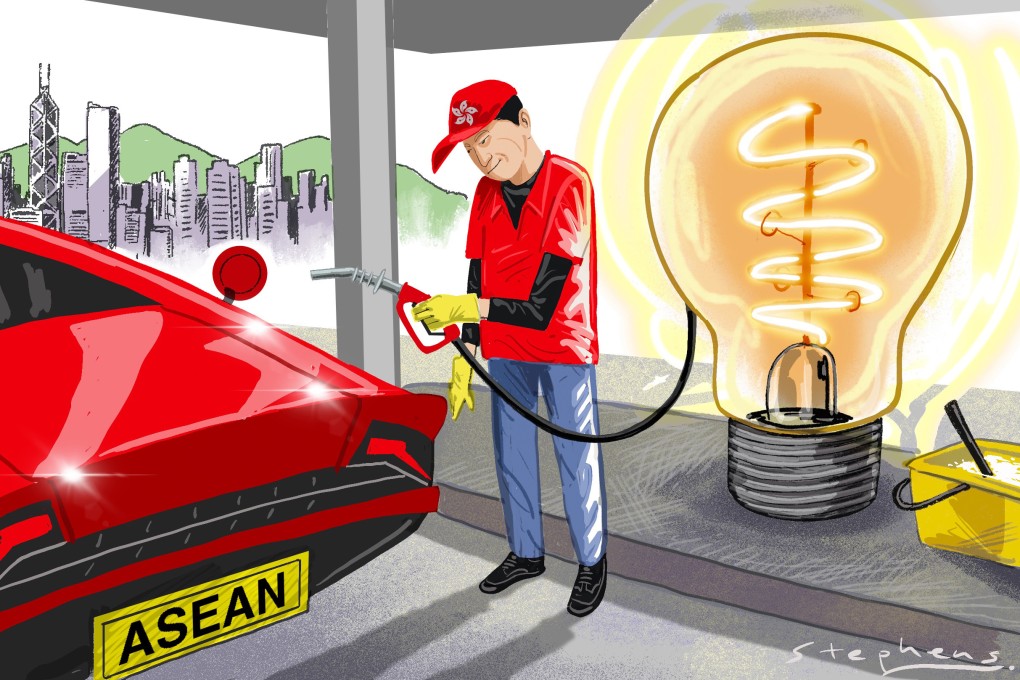Advertisement
Opinion | Hong Kong needs to roll out the welcome mat for Asean talent. Here’s how
- Hong Kong must play up its usefulness, lower entry barriers, boost Asean-China collaboration and offer more scholarships
- Asean can be a critical plank in Hong Kong’s re-industrialisation, and engagement is vital to the city’s relevance and competitiveness. There is no time to waste
Reading Time:3 minutes
Why you can trust SCMP
2

Asean is one of the world’s fastest-growing economic blocs, expanding by an estimated 5.5 per cent last year despite global headwinds, and has a young and dynamic population of over 660 million. To stay relevant and competitive, Hong Kong must not only look towards Southeast Asia but embrace it.
Advertisement
To succeed, we must seek to add value to the 10 (soon 11) members of the Association of Southeast Asian Nations, position ourselves as a gateway for their capital and companies in accessing Northeast Asia, and a cradle for Asean talent.
Whilst statistics point to a population rebound in Hong Kong – thanks to its post-pandemic reopening and much-needed Top Talent Pass Scheme – it is imperative that our city develops a coherent and forward-thinking population policy amid a falling birth rate. Hong Kong can wait no longer for substantive reforms and measures to render ourselves more accessible and attractive to Asean talent.
Young, skilled and aspirational, Asean talent is not just integral to our economic growth, but also our status as an global city. Hong Kong’s policy changes should encompass three dimensions.
First, we must create value propositions for skilled labour and entrepreneurs from Southeast Asia. This means looking beyond our crucial, yet insufficient, function as a bridge between China and the rest of the world.
Advertisement
With the rise of Singapore, Jakarta and Shanghai as economic and financial exchanges, Hong Kong must not only shore up its strengths as a yuan exchange and listing hub – drawing upon Asean workers’ knowledge of regional dynamics in expediting yuan internationalisation – but also as a “petrol station” for knowledge-intensive industries: pumping the “oil” of knowledge, connections, exposure and professional upskilling into financial and legal workers from the region.

Advertisement
.png?itok=bcjjKRme&v=1692256346)